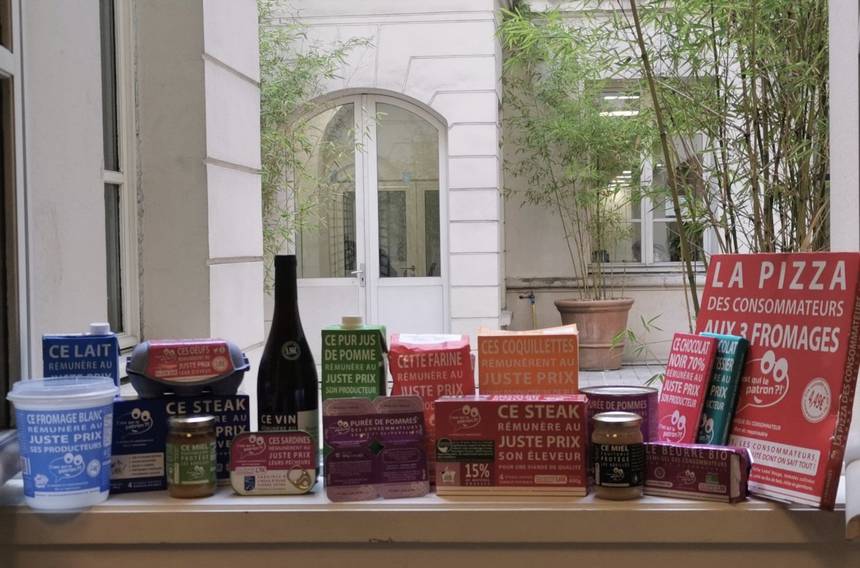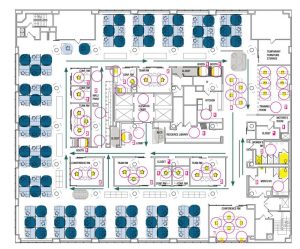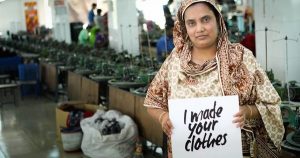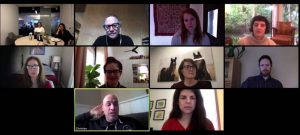This supermarket brand pays French farmers a fair price

Shoppers have realized that paying a few extra cents can make or break a domestic food producer.
I have often wondered why fair trade certification doesn’t exist for domestically-produced items in the grocery store. I only ever see it on imported tropical products, such as coffee, chocolate, spices, tea, and occasionally clothing. But what about our own farmers – the vegetable growers and dairy producers and livestock farmers who struggle with unfair contracts and astronomical ‘slotting fees’ at supermarkets? Why isn’t there equivalent protection and fair wages for them?
Interestingly, there is profound change happening in France in this very area. An article in the Guardian, written by Jon Henley, explains how entrepreneur Nicolas Chabanne realized in 2015 that a mere 8-cent difference in the cost per litre of milk could make or break a dairy farmer. Considering that the suicide rate for French dairy farmers is 30 percent higher than in the general population, 8 cents is a small price to pay, and Chabanne bet big on the fact that French people would agree. Henley quotes him:
“The average French consumer buys 50 litres of milk a year. That meant that if consumers spent just €4 more on their milk per year, the producer might actually survive. I was convinced people would be prepared to do that.”
He was right. In the four years since Chabanne launched a brand called C’est Qui Le Patron? (CQLP, which translates to ‘Who’s the Boss?’), it has grown to become the fourth-largest milk brand in the country. Sales are ten times what was expected, its butter has become the most popular nation-wide, and it has expanded to include 30+ products, such as free-range eggs, flour, apple juice, steak, sardines, and honey.
Perhaps most intriguing: “As with all of the cooperative’s products, neither was advertised on TV, promoted in-store or pushed by a sales team.” All growth has come from word of mouth, and the fact that CQLP’s mission resonates deeply with everyone who hears about it. It helps that the packaging boldly states, “This product pays its producer a fair price.” Indeed, I’d gladly fork out an extra few dollars per year to know that local farmers are profiting, but unfortunately Canadian supermarkets are not that transparent.
The fact is that many people want to make ethical, eco-friendly choices when shopping, but it continues to be hard to navigate the packaging, jargon-loaded labels, and endless certification logos to know exactly what one is buying. CQLP resolves that issue.
The supermarkets aren’t fighting it, but rather embracing it, as they recognize that this is what customers want. Henley writes that “some of Europe’s biggest food multinationals, giants such as Danone and Nestlé, are in talks to develop CQLP-label products based on the same core principles.”
 © C’est Qui Le Patron (used with permission)
© C’est Qui Le Patron (used with permission)Apparently, CQLP is in the process of expanding abroad, with an American branch called Eat’s My Choice on the horizon, although this is a long-term project. Learn more about CQLP here.
Shoppers have realized that paying a few extra cents can make or break a domestic food producer.







